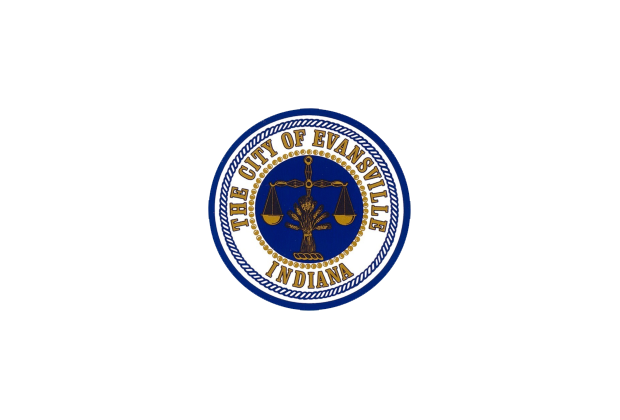The Supreme Court has ruled states can require online retailers to collect sales tax even if they have no physical presence in a state, a move that will affect cigar retailers.
Internet retailers had long chosen to not charge sales tax based on a 1992 ruling from the Supreme Court. In many states, individual consumers were the ones legally responsible for paying sales tax for purchases where they were not charged, but those laws were rarely, if ever, enforced.
If a business had a physical address in a state, it’s required to charge sales tax for all orders in that state. But, if a business did not have a physical location in a state, it almost certainly did not charge sales tax in that particular states.
In recent years, some states have begun requiring retailers to charge sales tax. That led to the legal challenge of Quill Corporation v. North Dakota, the 1992 ruling that previously made it illegal.
The court was split 5-4—albeit not on conservative versus liberal leanings—regarding the decision. Justice Anthony Kennedy, who is largely credited for sparking the legal challenge, noted that in when Quill was originally decided there was $180 million in e-commerce sales versus $453.5 billion in retail e-commerce last year.
Chief Justice John Roberts was in the minority. He argued that the complex laws about how states charge sales tax—and at what level—on specific items will make it much more challenging for smaller retailers to comply with the law.
For the cigar industry, this is likely the first in a three-step process that could truly affect how cigars are sold.
Today’s ruling doesn’t require states to collect sales tax—they almost certainly will if they weren’t already—but today’s ruling won’t’ change anything immediately. The next step will be to see how strictly the courts interpret this ruling, specifically, whether it would allow states to force retailers to also pay excise taxes—also known as OTP taxes—on products.
Those taxes, specifically applied to certain products like alcohol and tobacco, can be far more punishing than sales tax. Furthermore, because most of the larger catalog and online retailers are based in Florida and Pennsylvania—two states with no tax on cigars—the move to collect additional taxes would be dramatic.
It also should be noted that those taxes are typically built into the advertised price, so consumers would see the difference before the checkout screen, whereas sales tax is added on.
Ohio has been known to try to collect excise taxes on cigars in the past, but most states, similar to the sales tax issue, have avoided going after consumers for missing taxes on online purchases.



